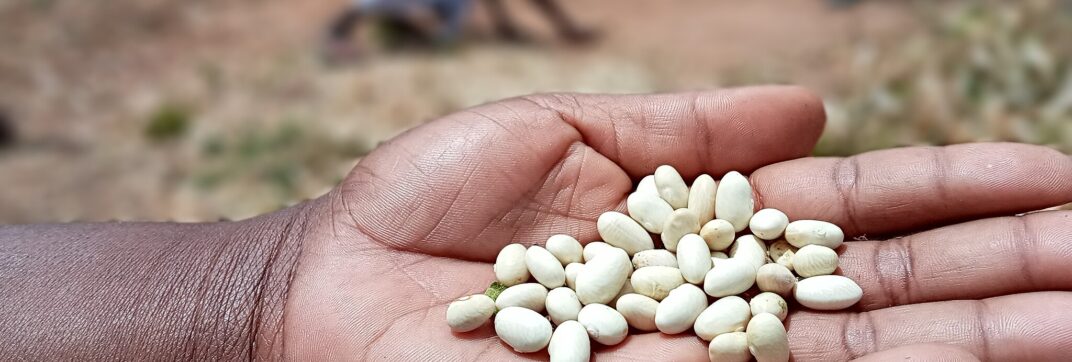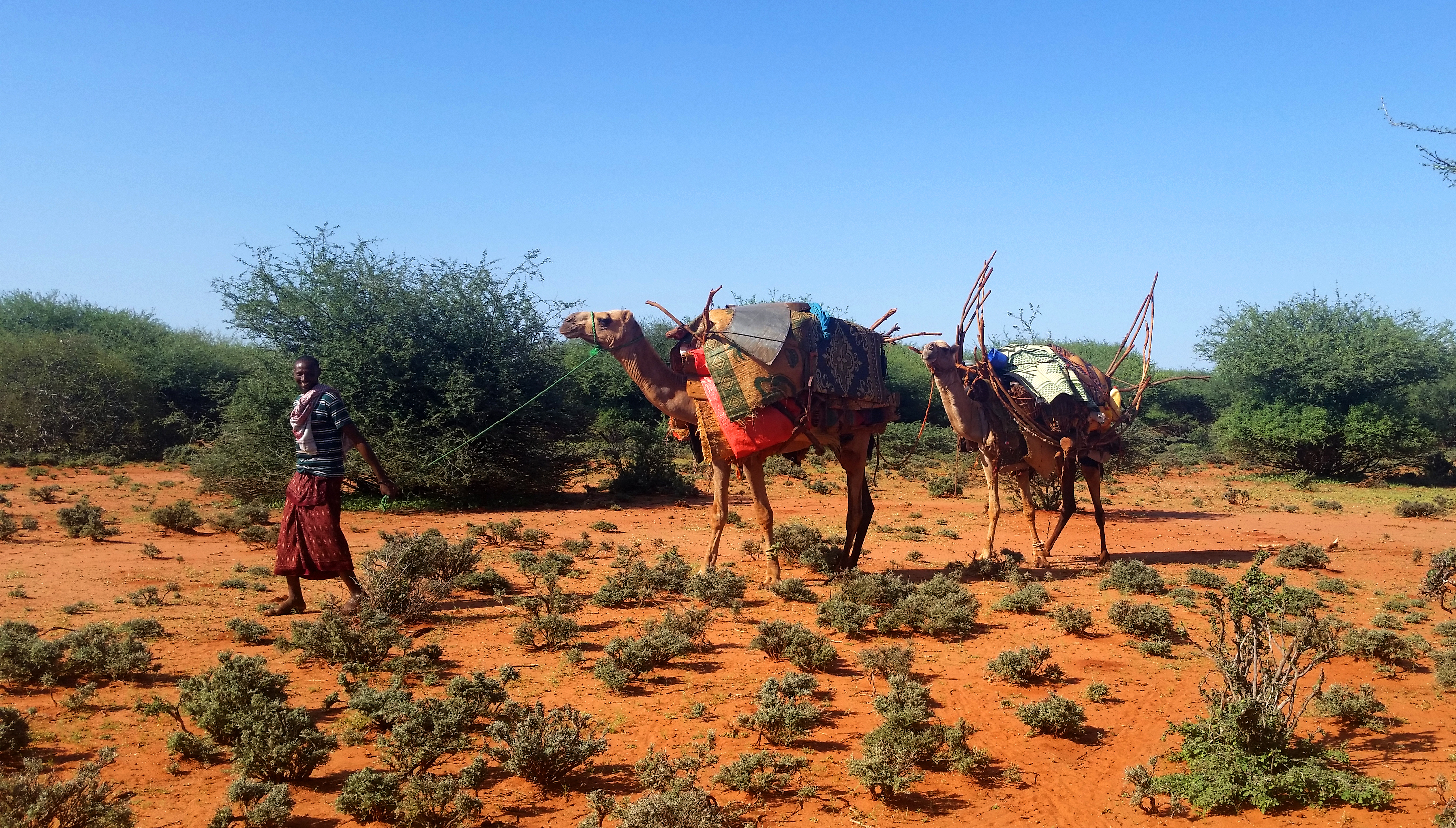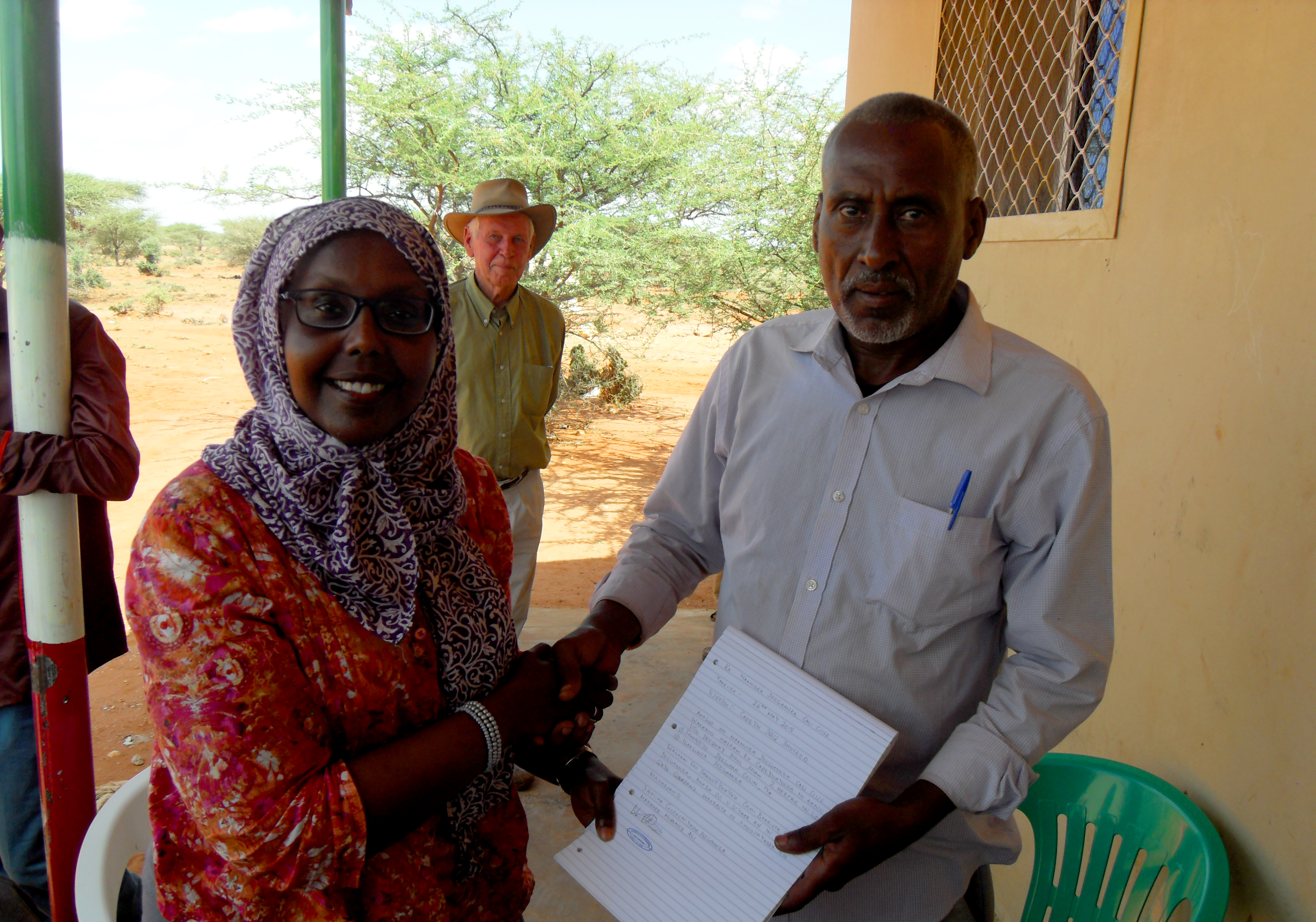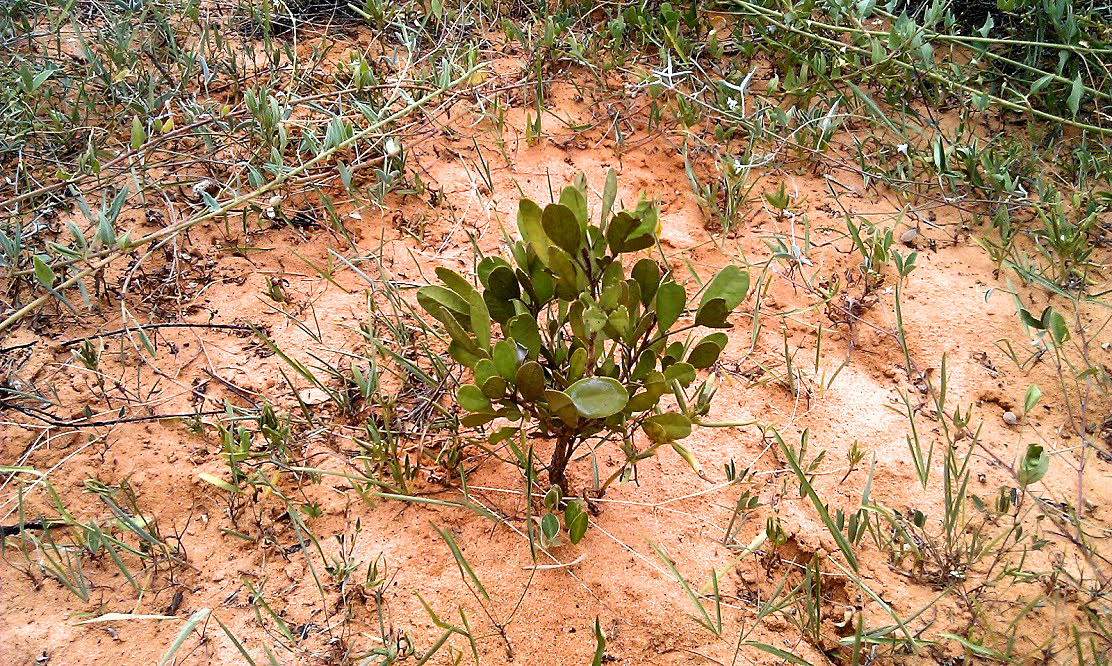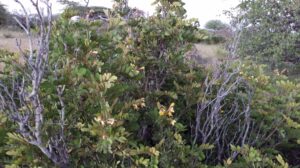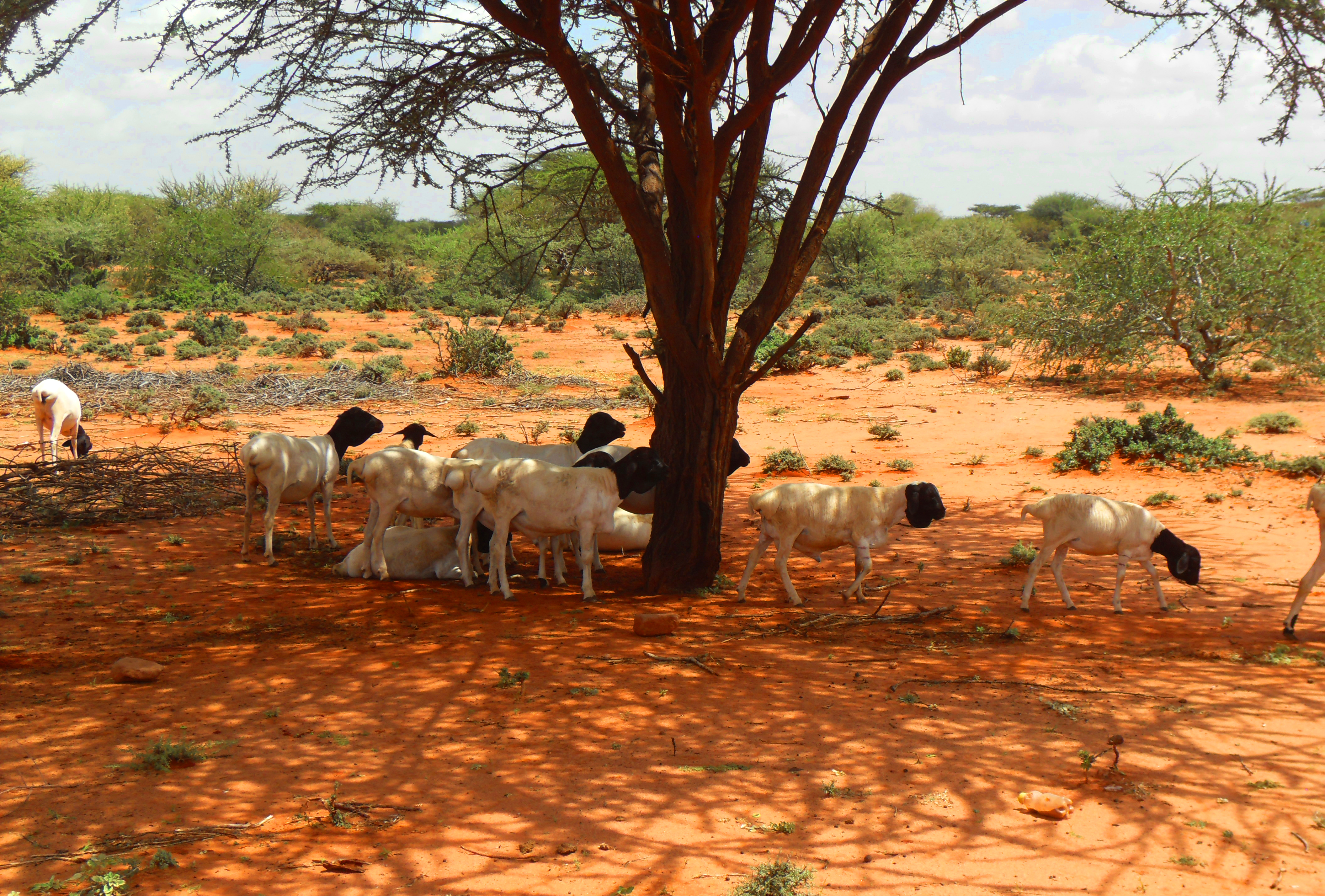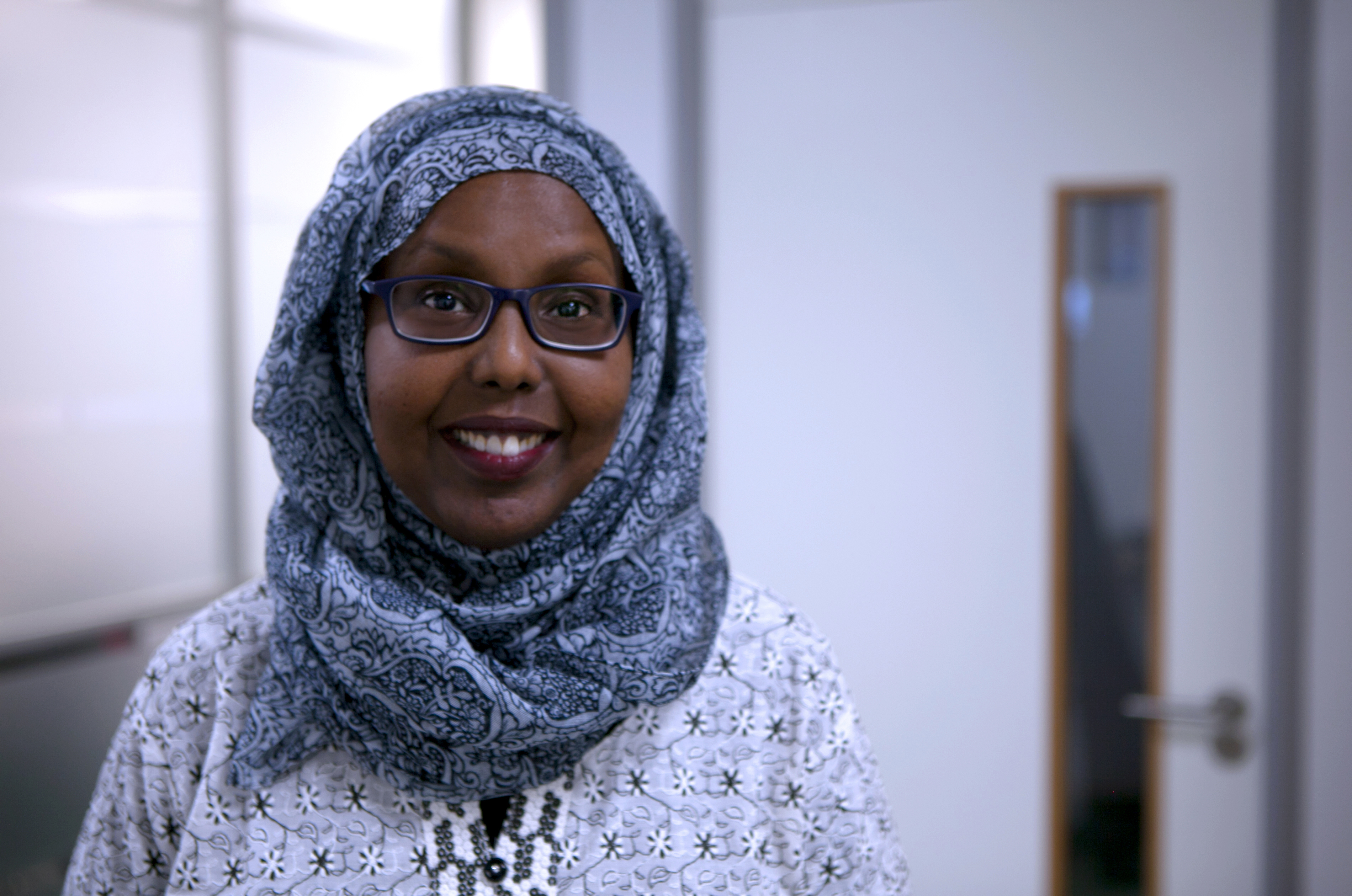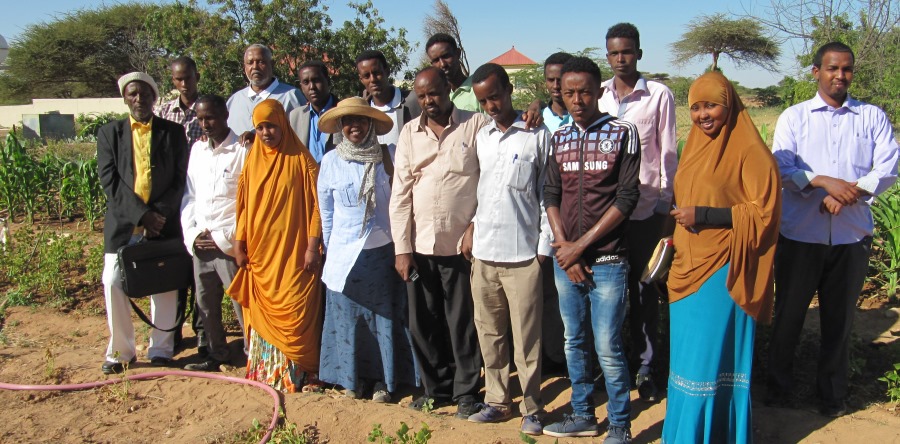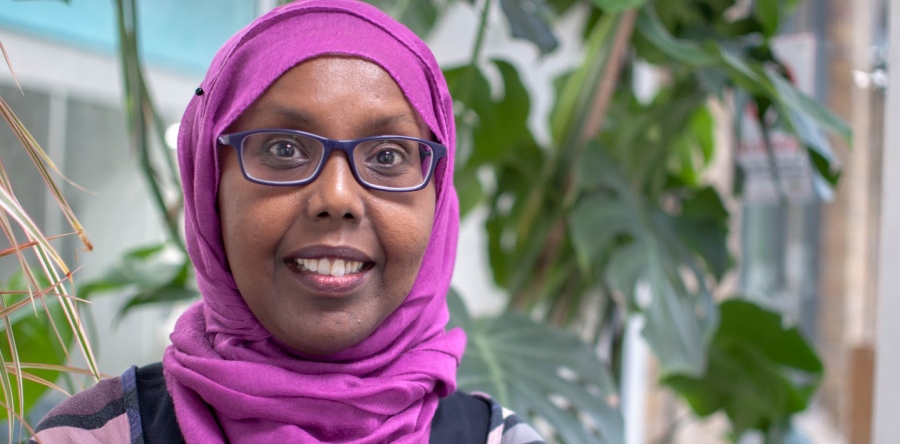How forgotten beans could help fight malnutrition
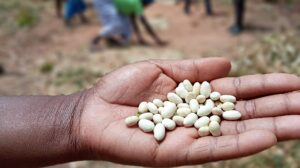
February 10 marks World Pulses Day. There are hundreds of forgotten and sidelined species of beans that could change the game when it comes to improving global food security and cutting world hunger. The world’s human population gets more than half its calories from just three crops: rice, wheat and maize. But these carbohydrate-rich crops require huge amounts of fertilisers and water to grow. The humble bean asks for much less.

